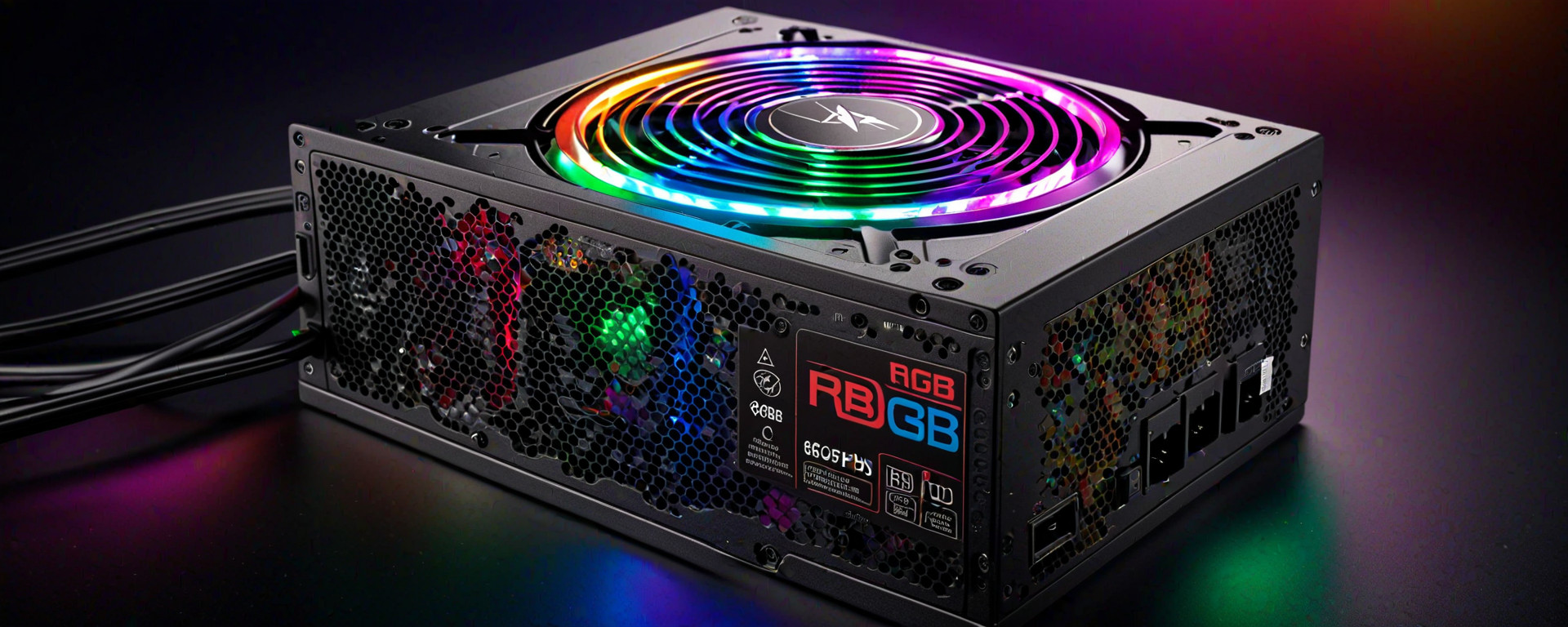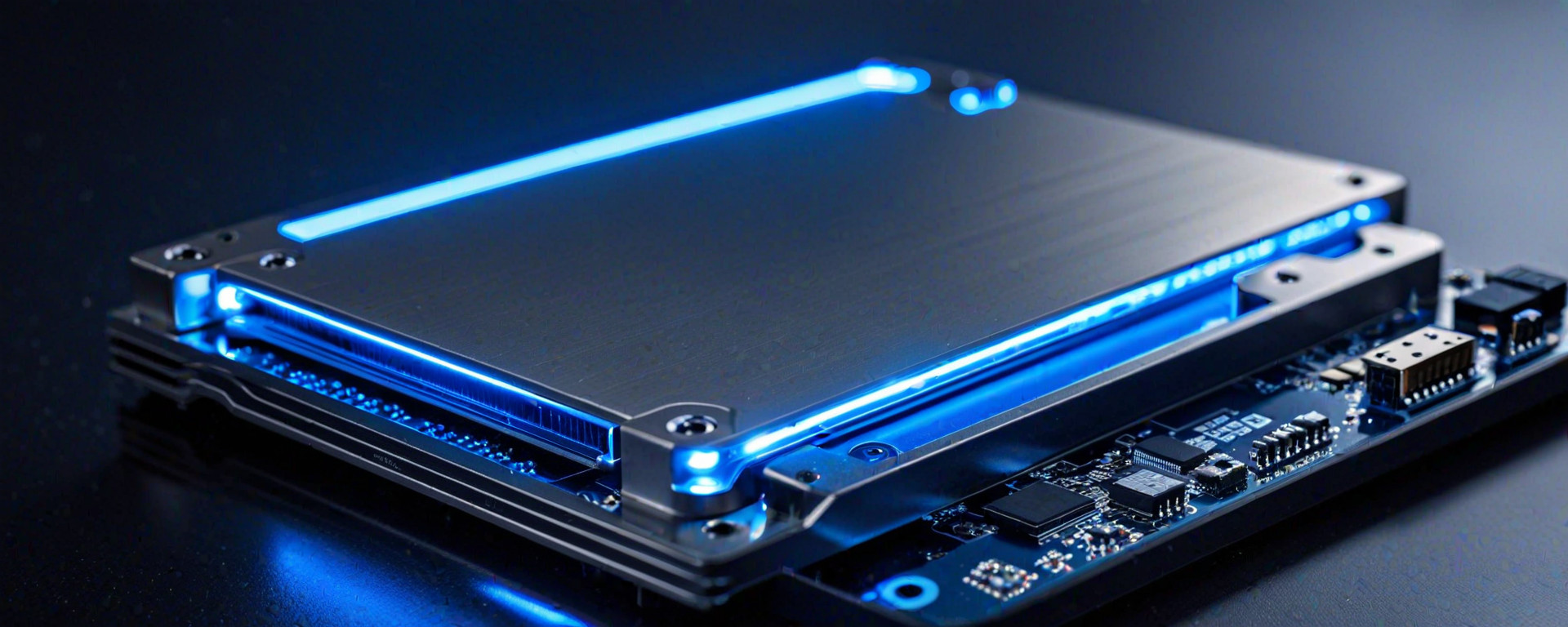Introduction
A power supply unit (PSU) is a critical component in any computing system, responsible for converting AC input voltage from your wall outlet into stable DC output voltages required by computer hardware such as CPUs, GPUs, and storage devices. Understanding the ratings and efficiency of PSUs is crucial not only for ensuring optimal performance but also for long-term reliability and energy savings. This article delves into the intricacies of power supply specifications, focusing on the 80 PLUS certification and how it affects your choice when selecting a PSU.
The primary goal of this guide is to help readers make informed decisions by providing detailed insights into PSU ratings, efficiency levels, and their impact on system performance. Whether you are building a high-performance gaming PC or an energy-efficient workstation, understanding these factors can significantly influence the longevity and cost-effectiveness of your computer.
Understanding Power Supply Ratings
The power output rating is one of the most critical specifications when choosing a PSU. It indicates how much electrical power the unit can deliver to your system components without overheating or failing. This section will explain different types of PSUs and their typical use cases.
ATX vs. SFX Form Factors
PSUs come in various form factors, with ATX being the most common for standard desktops and tower systems due to its ample space for high-wattage components. In contrast, smaller form factor PCs often utilize SFX PSUs, which are more compact but still offer sufficient power delivery.
Wattage Ratings
The wattage rating of a PSU is the maximum continuous power it can provide under load. Common wattage ratings range from 450W to 1600W or higher, catering to different system requirements:
- Low Power Consumption (450-550W): Suitable for basic office computers and budget gaming builds.
- Moderate Power Needs (650-750W): Ideal for mid-range gaming rigs with a single high-end GPU.
- High Power Requirements (850-1200W): Essential for advanced gaming and professional workstations equipped with multiple GPUs or powerful CPUs.
Crossfire/SLI Support
For multi-GPU setups like Crossfire (AMD) or SLI (NVIDIA), it's crucial to select a PSU that can handle the increased power demand. Look for PSUs explicitly labeled as "Crossfire Ready" or supporting multiple 6-pin or 8-pin connectors.
The Importance of Efficiency Ratings
Efficiency is another key factor when selecting a PSU, particularly in terms of its environmental impact and long-term operational costs. The 80 PLUS certification program sets standards for power supply efficiency, which we'll explore further below.
Energetic Savings: What Does It Mean?
An efficient PSU converts more input energy into usable output with less waste heat. Higher efficiency levels result in lower electricity bills and reduced carbon footprints. Moreover, better efficiency translates to quieter operation due to decreased fan speeds required for cooling.
80 PLUS Certification Explained
The 80 PLUS program categorizes PSUs based on their ability to maintain at least 80% efficiency across a range of loads (from 20% to 100%) and idle conditions. This section breaks down the different tiers and what they mean for consumers.
Basic Levels: 80 PLUS, 80 PLUS Bronze
- 80 PLUS: Achieves at least 82% efficiency at 50%, 100%, and idle. - Bronze: Requires a minimum of 85% efficiency under full load.
Middle Ground: 80 PLUS Silver, Gold
- Silver: Must hit at least 88% efficiency across all tested loads. - Gold: Maintains an 87% efficiency rating from 10% to 100% load.
Top-Tier Performance: Platinum, Titanium
- Platinum: Offers at least 92% efficiency over the full range. - Titanium: The highest tier, demanding an efficiency of 94% or more under all conditions.
Selecting a PSU: What to Look For
When shopping for PSUs, consider factors beyond just wattage and efficiency. This section outlines additional features and considerations that can influence your decision:
Certifications and Compliance
Beyond 80 PLUS, other certifications like EPEAT (Electronic Product Environmental Assessment Tool) or Energy Star may be relevant depending on regional regulations.
Modular Cabling
Modular PSUs allow for cleaner builds by enabling users to connect only necessary cables. This can improve airflow and reduce clutter inside the case.
PSU Recommendations Based on Usage Scenarios
This section provides specific PSU recommendations tailored to different use cases:
For Gamers: High Wattage, High Efficiency
- Corsair RMx Series: Known for high efficiency across multiple tiers.
- Seasonic Prime Ultra Platinum 850W: Offers exceptional performance and modular cabling.
For Budget Builders: Value-Driven Choices
- Cooler Master MWE V2 Series: Provides reliable power delivery at an affordable price point.
- Azza ProMax 600W ATX: A cost-effective option with basic modular features.
For Environmentally Conscious Users: Eco-Friendly Options
- Corsair SF Series: Highly efficient and compact, ideal for small form factor builds.
- Enermax ECO Ultra Black 850W: Known for its eco-friendly design and high efficiency ratings.
Conclusion: Making an Informed DecisionIn conclusion, choosing the right PSU involves balancing various factors such as power output, efficiency levels, certifications, and additional features. By considering these aspects carefully, you can select a PSU that not only meets your immediate needs but also stands up to long-term performance expectations.
Additional Resources
To further deepen your understanding of PSUs:
- Corsair's Resource Center: Comprehensive guides and technical specifications. (Link)
- TechPowerUp’s PSU Database: Detailed information on thousands of PSUs from various manufacturers. (Link)
By utilizing these tools and insights, you'll be well-equipped to make a smart investment in your computer's power supply.
Contact Us for Further Support
If you need personalized guidance or have specific questions about choosing the best PSU for your build, feel free to reach out. We're here to assist every step of the way.
This comprehensive guide aims to equip users with all necessary knowledge to make an educated choice when it comes to selecting a reliable and efficient power supply unit for their computer system.








